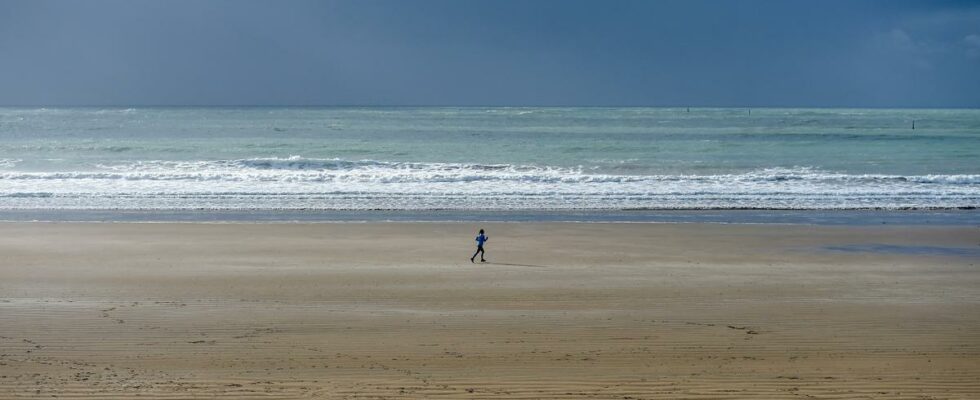This species, nicknamed “Portuguese galley”, was able to reach the European coasts, carried by strong winds.
For the past few days, physalies, these siphonophores resembling jellyfish, have been stranded on several beaches on the Vendée coast. According to France Blue La Rochelle these strandings of physalies were observed on several beaches this week, in particular in Jard-sur-Mer (Vendée) and Sainte-Marie-de-Ré (Charente-Maritime).
According to the Gironde Estuary Marine Natural Park on Facebook, “che “jellyfish” (which are not jellyfish but a kind of cnidarian) can cause serious burns. It is imperative not to touch them with bare hands!». “It is not an invasive alien species because these animals live in the water column, usually a little further south”adds the Marine Nature Park.
This maritime species, also calledportuguese galley” Where “sea bladder“, may be “carried by prevailing winds to our European coasts, especially between November and January», explains Guillaume Eveillard, the biologist manager of the La Rochelle Aquarium in France Blue La Rochelle. “They are beautiful, the float is electric blue, they are 20 to 30 cm long, the large tentacles are very pretty, but you really have to be careful», he added to the local radio.
Read alsoWhich coastal towns have the most jellyfish on the beaches?
According to the local newspaper The sands, his nickname “portuguese galley” comes from “its resemblance to the Portuguese galiotes, small round-sailed galleys”.
